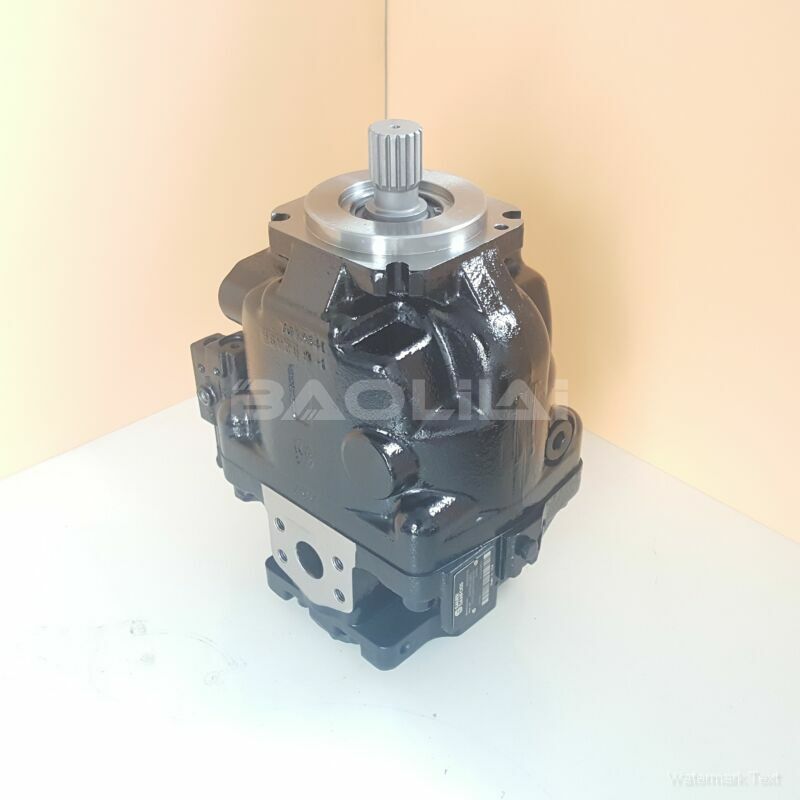ERR147CRP1612NNN3S1NLA1NNNNNNNNNN hydraulic pump
ERR147CRP1612NNN3S1NLA1NNNNNNNNNN hydraulic pump

- Product Details
- Applicable Scene
In recent years, the integration of renewable energy sources into our daily lives has become increasingly vital. Among these sources, solar energy stands out due to its abundance and sustainability. However, the efficiency of solar energy systems often hinges on the effectiveness of ancillary components, one of which is the plunger pump. This article explores the role of plunger pumps in solar energy systems and how they enhance fluid delivery.
ER-R-147C-RP-16-12-NN-N-3-S1NL-A1N-NNN-NNN-NNN
ERR147CRP1612NNN3S1NLA1NNNNNNNNNN
Plunger pumps are positive displacement pumps that utilize a plunger mechanism to move fluid. Their design allows for high-pressure output and efficient fluid transfer, making them suitable for various applications, including solar thermal systems and solar-powered water pumping solutions. In solar energy systems, these pumps play a critical role in transferring fluids, whether it be circulating heat transfer fluids in solar thermal systems or moving water for irrigation in solar-powered agricultural setups.

83042475
One of the primary advantages of using plunger pumps in solar energy systems is their efficiency. Unlike centrifugal pumps, which rely on rotational energy, plunger pumps maintain a consistent flow rate regardless of pressure changes. This attribute is particularly beneficial in systems where varying pressure conditions can affect performance. For instance, in solar thermal systems, maintaining a steady flow of the heat transfer fluid is crucial for optimizing heat collection and minimizing energy loss.
Moreover, plunger pumps are built to handle a variety of fluids, including water, oils, and chemicals, which broadens their applicability in solar energy contexts. For example, in countries reliant on irrigation, solar-powered plunger pumps can effectively transport water from sources to fields, enhancing agricultural productivity without the dependence on fossil fuels. This not only supports sustainable farming practices but also promotes energy independence for rural communities.





